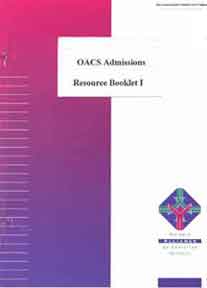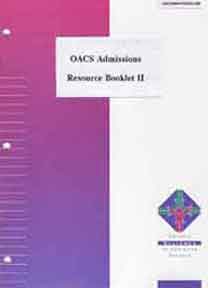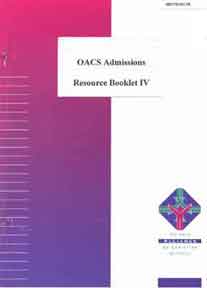Reformed Reflections
|
Introduction
The Canadian Protestant church traditions with respect to Christian schooling arose from a practical need to clarify the unique position of Alliance schools in the Ontario church environment. This is essentially a paper about school-church relations and about which institution dominates. The paper is intended to serve several needs, both inside Alliance schools and with respect to the outside public. There is a great deal of confusion out in the public, and also in the school societies about this matter, and so it was thought to be helpful to develop a number of documents which would clarify the position of the Alliance and help school society board members, teachers, and parents interested in Christian education sort out what kind of Christian education they want for their children. From a very practical point of view, it is necessary to develop an information base from which admission committees and administrators in Alliance schools can make fair and informed decisions about admitting students from a wide variety of backgrounds. This is an original document, because there is virtually no coherent information available about denominational attitudes with respect to Christian schools. And it is this attitude which is greatly responsible for official denominational support of the public school systems in many quarters. This document is part of a series. The first document, a major research paper by Rev. Tangelder, is designed to provide an historical overview of the situation in Canada. It is not designed to be an evaluation of any particular denominational position. The second document is a short paper on the meaning of denominationalism. This is designed to put the debate about denominational positions in the context of real life in the 1990s in North America. |
|
Denominationalism
The purpose of this paper is not to discuss church doctrine, but to define denominationalism, trace its origin and to describe its current use. "Denomination" has become the best available term to delineate the mosaic of churches and sects in a country where none of them occupies a privileged situation and each has an equal claim to status as a Christian communion in the eyes of the law. Sydney E. Ahlstrom points out that especially among the mainstream churches of British origin, it very soon came to constitute a virtual theology of the church. He says that denominational doctrine repudiates the insistences of "the Roman Catholic Church, the churches of the `magisterial' Reformation, and of most sects that they alone are the true Church" (1973, p. 381). |
| This is Document IV of the series dealing with denominational and other influences on the character of Christian schools and Christian education. The first three are Canadian Protestant Church Traditions, Denominationalism, and The Interdenominational School (available from the OACS).This unique compilation provides excellent information in order to help administrators, admission committees, board members, and teachers in Christian schools understand some of the growing number of cults and sects. They cannot be ignored.One young woman, having been rescued from a cult by her family and having undergone deprogramming, said: "Dad, if I had ever heard a lecture on cults in a high school assembly, or a college lecture, or engaged in a discussion of cults in a psychology or sociology class and written a term paper on the subject, or listened to a sermon on cults in our church, or discussed cults around our dinner table-in other words if I had ever been enlightened or warned, I would never have accepted the first invitation to meet a bunch of neat guys and girls and would never have been psychologically hooked. In part, I blame the institutions and their silence." (Swope, 1983, p. 16) Continue |


